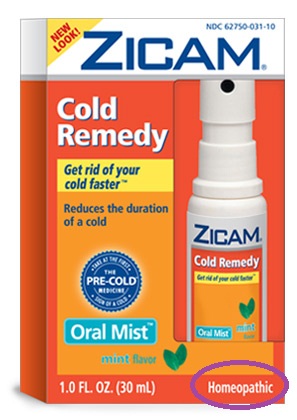I’m nursing a cold. Laying about on the couch has given me some time to think, and I’ve been thinking about aerosols. The recent eruption of an Icelandic volcano has brought air traffic over Europe to a grinding halt. When this same thing happened after the 9/11 attacks in the U.S., local climate was slightly altered as jet contrails disappeared from the atmosphere. Albedo, the reflectivity of the atmosphere, kicks sunlight back into space and reduced energy input to our global greenhouse. The water vapor in contrails also serves to trap heat once it’s in the atmosphere. As a result, the range of high and low temperatures INCREASED markedly in the U.S. during the days after the attacks [1]. Whether a long term lack of contrails causes more warming (by allowing more sunlight into the atmosphere) or cooling (by preventing the trapping of radiation in the atmosphere) is unclear.
Volcanoes, on the other hand, seem to have a more clear impact on climate. The fine particulates in volcanic ash increase the albedo of the earth’s atmosphere and cause more sunlight to be reflected back into space. Less sunlight then gets trapped as heat in the atmosphere, and cooling results [2]. In fact, perhaps not coincidentally, “Ben Franklin noted that volcanic aerosols reflect sunlight to space, and therefore argued that the eruption of a large volcano on Iceland may have been responsible for unusual cold in 1783-4.” [2]. Franklin was even in Paris in 1783 [3], working on a peace treaty, so again the prevailing westerly winds brought the ash over Europe.
So I make a prediction, as a very amateur climate science armchair guy. I predict that Europe will experience unusually cold temperatures in the next year. In the next days, this will likely be a combination of the lack of contrails and the ash, but once air travel is restored I’ll wager that local temperatures in the European continent will still go unusually cold this coming year due to the ash. As a result, global warming detractors will seize on this as “more evidence” that global warming is a myth, making the same mistake they make when arguing that “global cooling” happened in the 1970s – neglecting aerosols.
[1] Travis, D.J.; A. Carleton and R.G. Lauritsen (8 2002). “Contrails reduce daily temperature range.”. Nature 418: 601. doi:10.1038/418601a
[2] JE Hansen, AA Lacis – Nature, 1990 http://hokulea.soest.hawaii.edu/ocn435/papers/1990_Hansen_Lacis.pdf


